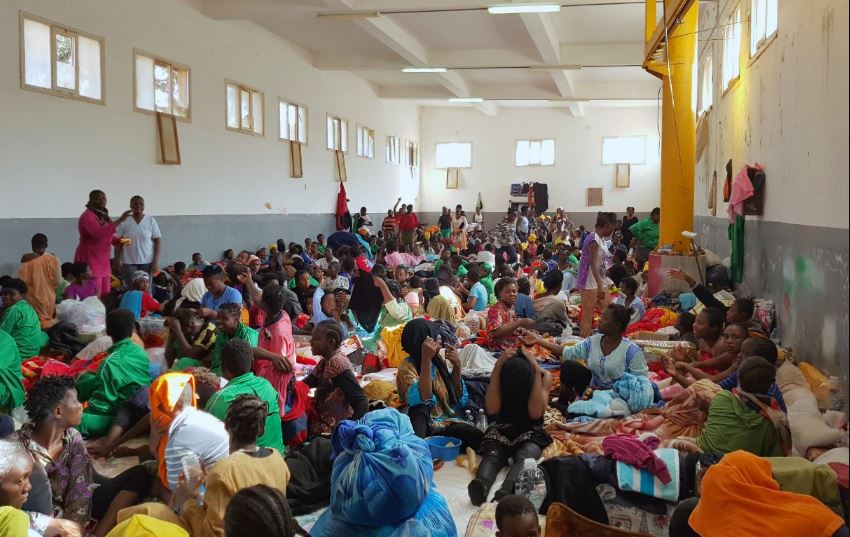Africa CDC warns of widespread drug resistance across Africa

The study, the largest of its kind conducted in Africa, analysed more than 187,000 test results from 205 laboratories between 2016 and 2019 in 14 countries, including Ethiopia, Ghana, Kenya, Malawi, Mali, and Nigeria, revealing a growing ineffectiveness of antibiotics against common bacterial infections.
The Africa Centres for Disease Control and Prevention (Africa CDC) has warned of widespread drug resistance on the continent, threatening to reverse decades of health and development gains.
The Africa CDC, in its latest study titled "Mapping Antimicrobial Resistance and Antimicrobial Use Partnership," released Wednesday, said the "alarming rate" of antimicrobial resistance across 14 African countries poses an urgent continental public health threat.
More To Read
- Intra-African trade rebounds 5.4 per cent in 2024 despite global headwinds
- Malaria fight at risk as drug resistance spreads despite new tools saving millions
- Malaria: Drug resistance and underfunding threaten progress towards eliminating killer disease
- WHO warns of rising antimicrobial resistance in fungal infections
- South Sudan on high alert as Marburg outbreak emerges across border in Ethiopia
- Ethiopia confirms Marburg virus disease outbreak, nine cases reported so far
The study, the largest of its kind conducted in Africa, analysed more than 187,000 test results from 205 laboratories between 2016 and 2019 in 14 countries, including Ethiopia, Ghana, Kenya, Malawi, Mali, and Nigeria, revealing a growing ineffectiveness of antibiotics against common bacterial infections.
Drug resistance occurs when bacteria change in ways that make antibiotics used to treat infections less effective. The phenomenon results in common infections becoming harder to treat, more expensive to manage, and more likely to spread, according to the study.
It highlighted drug resistance as a growing epidemic affecting multiple countries across the continent. One of the "most concerning" findings is that resistance to a powerful group of antibiotics, known as third-generation cephalosporins, is exceptionally high in Ghana and Malawi.
The study also revealed demographic disparities in drug-resistant infections, with older adults and hospitalised patients being particularly vulnerable. It said the existing demographic disparities underscore the need for targeted interventions to protect at-risk populations.
The Africa CDC also highlighted "serious gaps" in laboratory infrastructure and data collection systems.
Findings reveal that fewer than 2 per cent of health facilities were equipped to test for bacterial infections, and only 12 per cent of drug resistance records were linked to patient information.
Top Stories Today











































